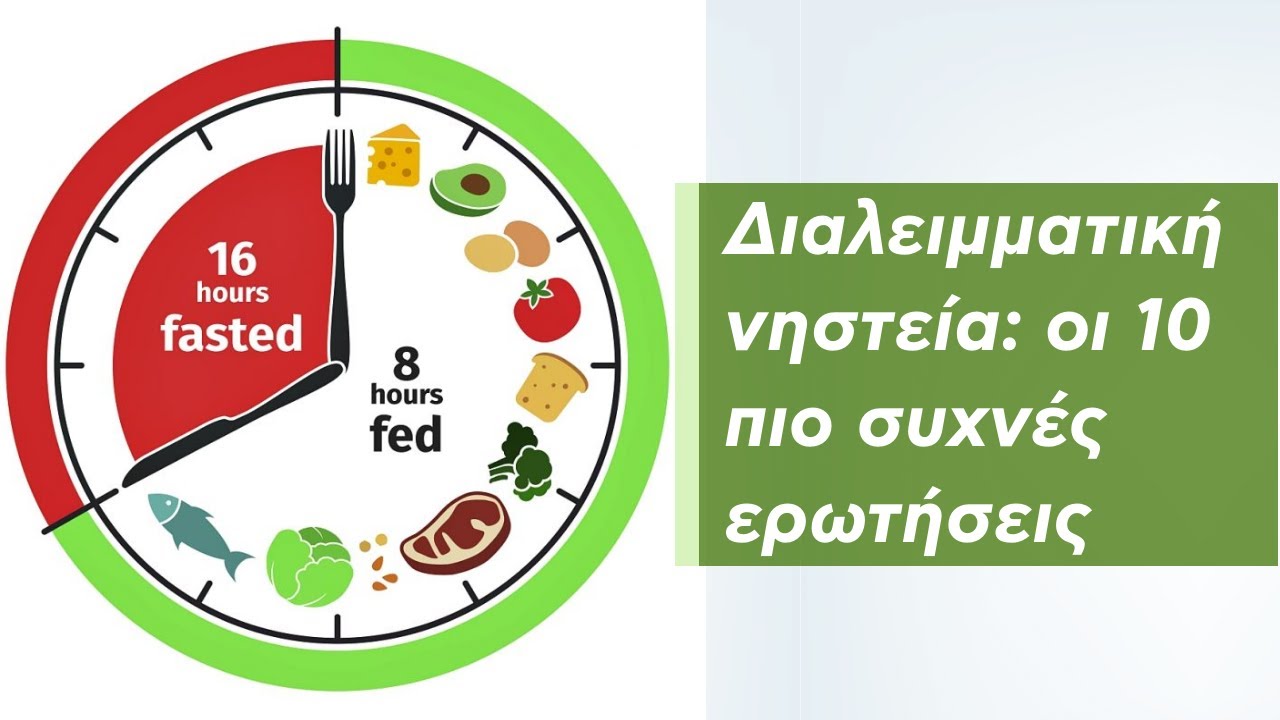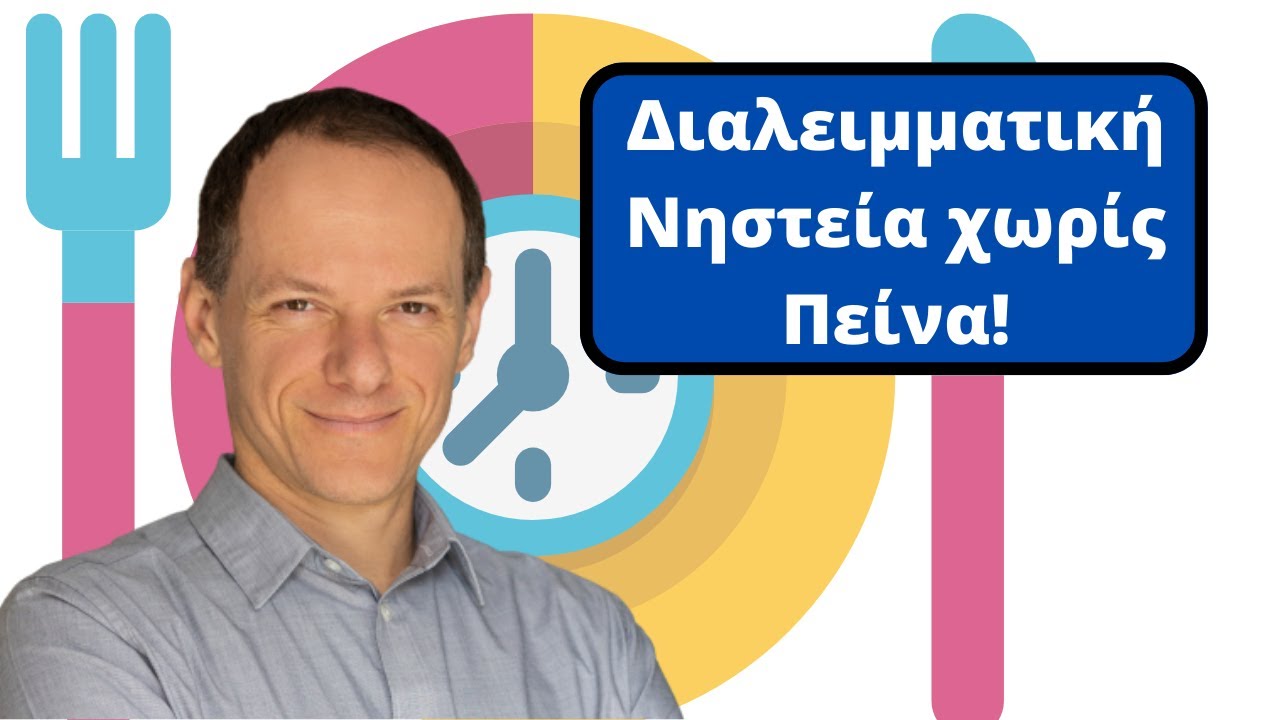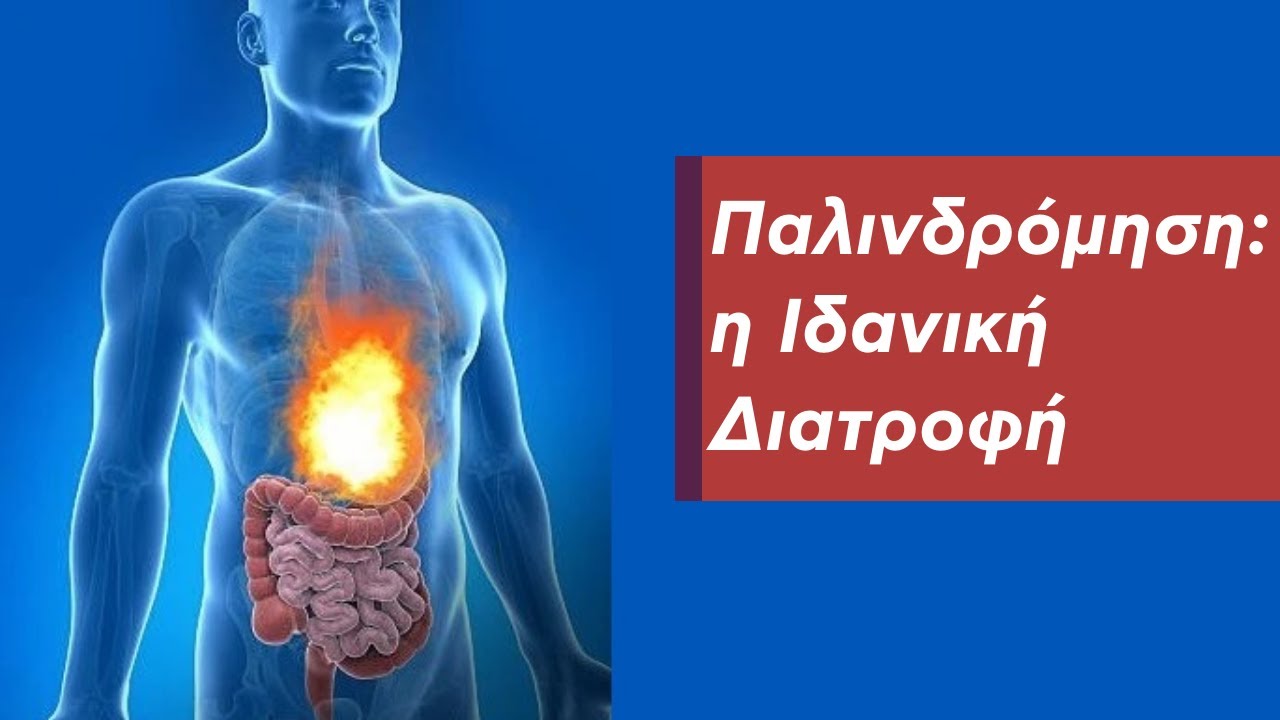Κείμενο
Τα τελευταία χρόνια η διαλειμματική νηστεία ακούγεται πολύ και όλο και συχνότερα ακούω κόσμο που έρχεται στο ιατρείο ή που κάνει συνεδρίες μαζί μου μέσα από το διαδίκτυο, να μου αναφέρει ότι την ακολουθεί. Δυστυχώς όμως, σε πολλές περιπτώσεις δεν θα έπρεπε να συμβαίνει αυτό, για τη διαλειμματική νηστεία έχει κινδύνους. Σήμερα θα δούμε σε ποιες περιπτώσεις πρέπει να αποφύγετε τη διαλειμματική νηστεία ή τουλάχιστον να έχετε την έγκριση του γιατρού σας πριν την ξεκινήσετε. Δεν πρέπει να ξεκινήσετε διαλειμματική νηστεία αν έχετε διαβήτη. Ακόμα και αν δεν παίρνετε φάρμακα δεν πρέπει να ξεκινήσετε διαλειμματική νηστεία αν δεν μιλήσετε πρώτα με τον γιατρό που σας παρακολουθεί. Ο κίνδυνος να εμφανίσετε υπογλυκαιμίες είναι σημαντικός. Δεν πρέπει να ξεκινήσετε διαλειμματική νηστεία αν έχετε πρόβλημα με το μεταβολισμό του σακχάρου. Ακόμα και αν δεν έχετε διεγνωσμένο σακχαρώδη διαβήτη, αλλά σας έχουν πει κάποτε ότι ο οργανισμός δεν μεταβολίζει καλά το σάκχαρο, ή ότι έχετε προδιάθεση για σάκχαρο, ή ότι έχετε υπερινσουλιναιμία, ή ότι ο οργανισμός σας δεν δέχεται το σάκχαρο ή οτιδήποτε παρόμοιο, δεν πρέπει να ξεκινήσετε διαλειμματική νηστεία αν δεν μιλήσετε πρώτα με τον γιατρό που σας παρακολουθεί. Επίσης δεν πρέπει να ξεκινήσετε διαλειμματική νηστεία αν έχετε υπόταση. Οι νηστείες, ακόμα και οι βραχυχρόνιες όπως η διαλειμματική νηστεία, σχετίζονται με υποτασικά επεισόδια. Αν και τα υποτασικά επεισόδια δεν απειλούν άμεσα την υγεία, είναι πιθανό μετά από πτώση με τραυματιστείτε, ενίοτε σημαντικά. Αν παίρνετε οποιαδήποτε φαρμακευτική αγωγή πάλι δεν πρέπει να ξεκινήσετε διαλειμματική νηστεία. Πρέπει να ξεκινήσετε μόνο αν μιλήσετε με το γιατρό που σας παρακολουθεί και συμφωνήσει. Αν και δυστυχώς, για πολλούς δεν είναι προφανές, αλλά δεν πρέπει να ξεκινήσετε διαλειμματική νηστεία αν έχετε χαμηλό βάρος. Οι κίνδυνοι για την υγεία σας και το μεταβολισμό σας μπορεί να είναι μεγαλύτεροι από αυτούς που μπορεί να φανταστείτε. Αν έχετε ιστορικό διατροφικών διαταραχών, πάλι δεν πρέπει να

κάνετε διαλειμματική νηστεία, είτε πρόκειται για νευρική ανορεξία, είτε πρόκειται για νευρική βουλιμία, είτε πρόκειται για διαταραχή υπερφαγίας. Αν πάσχετε συχνά από υπερφαγικά επεισόδια είναι πολύ πιθανό να πάσχετε από διαταραχή υπερφαγίας και σε αυτή την περίπτωση δεν πρέπει να κάνετε διαλειμματική νηστεία. Γνωρίζουμε ότι η παρατεταμένη αποχή από το φαγητό αυξάνει την πιθανότητα να αντιδράσει ο οργανισμός σας με υπερφαγικά επεισόδια και ουσιαστικά να σας σπρώξει στην διαταραχή υπερφαγίας, ενώ εάν πάσχετε ήδη από διαταραχή υπερφαγίας, να σας σπρώξει στη νευρική βουλιμία. Αν πάσχετε από υπερφαγικα επεισοδια, πρέπει οπωσδήποτε να μιλήσετε με ένα γιατρό πριν ξεκινήσετε διαλειμματική νηστεία ή οποιαδήποτε άλλη μορφή νηστείας. Και αυτό που θα πω μπορεί να ακούγεται λίγο αυτονόητο, αλλά ακόμα και τα αυτονόητα πρέπει να τα λέμε. Μην ξεκινήσετε διαλειμματική νηστεία αν είστε σε φάση που προσπαθείτε να αποκτήσετε παιδί. Αυτό ισχύει και για τα δύο φύλα, αλλά ίσως λίγο περισσότερο για τις γυναίκες. Όλες οι νηστείες γνωρίζουμε ότι καταστέλλουν τους μηχανισμούς αναπαραγωγής σημαντικά. Αν πρέπει να χάσετε βάρος και είσαι σε διαδικασία αναπαραγωγής μην ακολουθήσετε καμία μορφή νηστείας. Προτιμήστε μία ισορροπημένη διατροφή χωρίς μεγάλα χρονικά κενά ανάμεσα στα γεύματα. Μην ξεκινήσετε διαλειμματική νηστεία εάν στο παρελθόν είχατε περιόδους αμηνόρροιας ή άλλων σημαντικών διαταραχών της περιόδου χωρίς να μιλήσετε πρώτα με το γυναικολόγο που σας παρακολουθεί. Όπως είπα και νωρίτερα, η νηστεία επηρεάζει σημαντικά τις ορμόνες του σώματος και αυτό μπορεί να φέρει διαταραχές στην περίοδο που, στη χειρότερη περίπτωση, μπορεί να εξελιχθούν σε αμηνόρροια, διακοπή δηλαδή της περιόδου. Αυτό είναι κάτι που δεν θέλουμε να συμβαίνει για πολλούς λόγους. Τέλος, το πιο αυτονόητο από όλα. Μην κάνετε διαλειμματική νηστεία κατά την περίοδο της εγκυμοσύνης και του θηλασμού. Υπάρχουν πολλοί τρόποι να βοηθηθείτε να διατηρήσετε το βάρος σας ή ακόμα και να χάσετε βάρος κατά την περίοδο της εγκυμοσύνης

και του θηλασμού και η διαλειμματική νηστεία ή οποιαδήποτε άλλη μορφή νηστείας είναι ο πιο λάθος τρόπος. Σε αυτή την περίπτωση θα πρέπει να προτιμήσετε κάτι το οποίο εγκρίνει ο ή η γυναικολόγος σας.





















0 Σχόλια